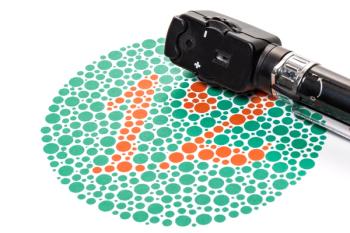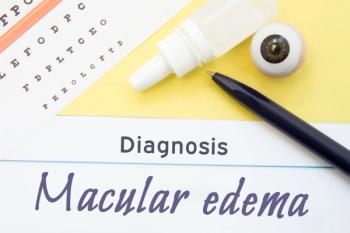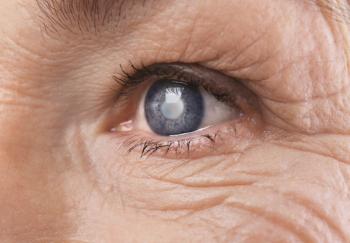
Cholesterol-Lowering Gene May Increase Risk of Cataracts
In a study, both common and rare HMGCR variants were associated with an increased risk for cataract.
People who have genetic variations associated with lowering LDL-cholesterol similar to statin medications appear to have an increased risk of developing cataracts and having cataract surgery, according to
“We were able to establish a link between genetic variants that mimic inhibition of HMGCR and the development of cataracts,” lead study author Jonas Ghouse, M.D., Ph.D., said in a
He said this research wasn’t able to find any association between newer non-statin, lipid-lowering medications and cataract risk, so this effect is likely specific to statins. “However, it’s important to stress that the benefits of statins for lowering levels of low-density lipoproteins in people who have high blood cholesterol levels completely outweighs the small risk of cataracts, and cataract surgery is effective and safe,” Ghouse said.
Investigators in the JAHA study used large-scale genotyping and exome sequencing from the UK Biobank, which tracks serious health and medical conditions of nearly half a million adults. The researchers focused on five common previously identified genetic variants that lower the level of LDL cholesterol. They then calculated genetic scores based on each variant’s previously identified impact on LDL cholesterol.
The analysis found that common genetic variants in more than 402,000 people, who were not taking statins, that mimic the effects of LDL-cholesterol lowering statins are associated with a higher risk of cataracts and cataract surgery. Compared with non-carriers, carriers of these rare mutations were more than four-and-a-half times as likely to develop cataracts and over five times as likely to have cataract surgery.
In addition, researchers found a found stronger association between the gene and cataract surgery compared with a cataract diagnosis, which they said could reflect a more severe type of cataract.
Investigators conducted analyses of other LDL-lowering pathways, but found no association between the genes NPC1L1 and PCSK9 and cataract risk.
One of limitation of the study is that while carrying these genetic variants constitutes a lifelong risk for the development of cataracts, that risk should not be evaluated the same for people who begin taking statins later in life given the positive impact statins may have by lowering blood cholesterol levels.
Newsletter
Get the latest industry news, event updates, and more from Managed healthcare Executive.























